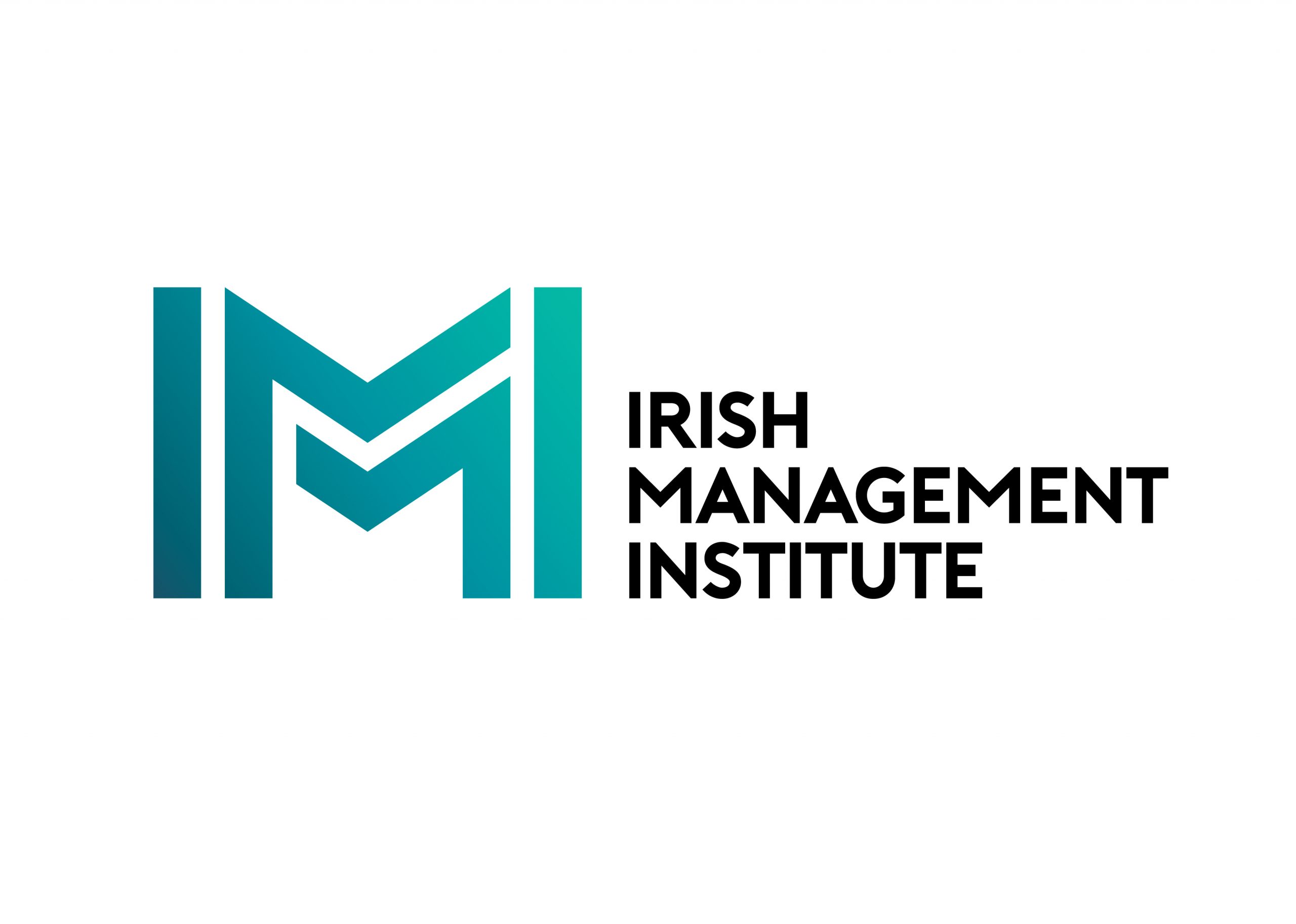Related Articles
Communication Skills & Strategic Planning are Challenges for Irish Business Leaders
During the recent IMI Masterclass with Dr Ruth Gotian, we conducted an informal survey of Irish business leaders, and what they consider to be the biggest challenges and opportunities they face at work.
Dr Gotian has spent her time studying the lessons of high achievers, and how we can embody their key characteristics in order to work our way towards success. Dr Gotian identified four factors that all of these high achievers have in common, whether they’re world-leading physicians, or Olympic gold medal winners: intrinsic motivation, a strong grounding in the basics, perseverance, and continuous learning.
Communication Skills are the Biggest Challenge
Overwhelmingly, the biggest challenge emerging for leaders in Dublin was communication skills, incorporating public speaking, presentation skills, and influencing others. This was closely followed by strategic thinking and planning, and time management skills. When it came to the more technical side of work, a number of people said that they would like to become more comfortable with the use of social media platforms, and marketing in general.
When we asked the same question in Cork, the answers were slightly different. While communication and presentation skills still emerged at number one, social media and marketing took second place, followed by networking, with a focus on LinkedIn.
So how do we apply Ruth’s four factors when we want to tackle some of these major business challenges?
The first is intrinsic motivation. You need to really want to solve the challenge, whether it’s gaining the confidence to improve your public speaking, or honing your skills at social media marketing. Identifying that this is a challenge for you is the first step. Once you conduct a passion audit, you might be able to pinpoint some things you enjoy doing or are good at, and work these into your skills development.
The next is perseverance. You won’t get there immediately. But like the NASA employee whose astronaut application was rejected for 10 years in a row, you need to fight through it and keep going. High achievers know they will succeed, so the only question is how they’ll get there. If you’ve already identified something as a challenge, chances are you won’t be good at it the first time you try. For example, if you want to work on your long-term strategy, be prepared for your first attempts to fail. You can take your key learnings away and apply them next time.
Then, you need a firm grounding in the basics. There’s a reason champion athletes perform the same warm up exercises as school children. Say you want to improve your social media marketing skills – first understand the basics of how people use social media, what the major platforms are and how they work. Then you can go on to the more sophisticated marketing uses of the platforms – but you need the basics first.
The final factor is continuous learning. There are many ways you can do this, from reading or listening to podcasts and audiobooks, to engaging with a skills-based course, like an IMI short programme or Professional Diploma. For example, if you’re looking to improve your communication skills, opt for the short programme in Communication for Performance. If you need to find ways to keep your team motivated, choose a programme like Frontline Management. Another great way to learn is from your network. You should aim to support yourself with a team of mentors who you can call on when you face a challenge. For example, you never know who amongst your network might be an expert at time management, or who might be able to give you some guidance on motivating your team.
Meeting Goals Emerges as the Main Indicator of Success
When we turned the tables and surveyed the attendees about their definition of success, an array of answers emerged. In total, business leaders came up with 154 different definitions of success! These were extremely wide-ranging, from “getting a promotion” to “leaving a legacy”, and even “finding my identity”. But a few stood out as indicators of success, coming up again and again, in both Dublin and Cork.
The survey found that over 70% of Irish business leaders consider success to be either happiness, financial stability or goal achievement. Key findings included over 32% of attendees considering success to be ‘goal achievement,’ 25% of attendees calling success ‘financial stability,’ and 13% of attendees considering success to be ‘happiness.’
If you were to google “what is success?” or look up the word in a dictionary, one of the definitions is “the accomplishment of an aim or purpose”. That makes perfect sense in this context – achieving a goal or object at work can certainly be success. But what is perhaps most interesting is that definitions like “being happy” and “enjoying my work” were a lot more prevalent than perhaps what we might consider traditional definitions of success, like “becoming the CEO of my company”, or “earning a six figure salary”.
As we’ve already seen in the recent Deloitte Human Capital report, there’s certainly a shift towards meaningful work and prioritisation of mental and physical health. Perhaps it’s also safe to assume that the financial factor comes off the back of the current cost of living crisis, rather than due to any materialistic aspirations.
Overall, while the findings showed that the challenges facing Irish business leaders are varied, our definitions of what success is are also wildly different. By embracing the four factors of success, as identified by Dr Gotian, you’re certain to set yourself on a path to whatever you it that you consider success to be.
—
IMI Corporate Members get access to regular in-person and virtual events. Find out more about IMI membership.




